Last updated on June 28th, 2023
Graffiti removal cost guide
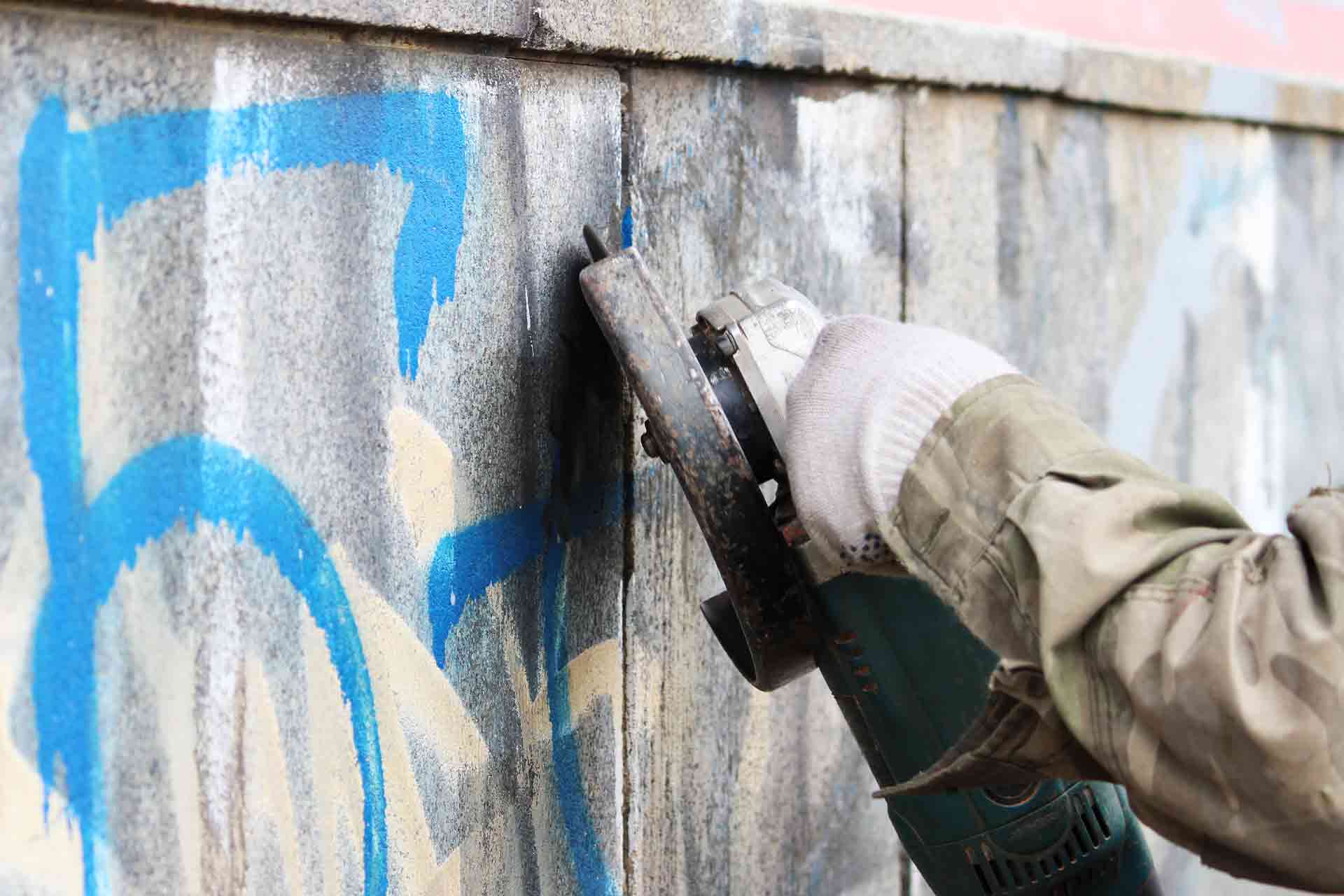
Graffiti plastered on buildings, fences and other objects can make any neighbourhood look unattractive and neglected, therefore lowering the value. If graffiti is left in place, the area can also often become a target for more anti-social behaviour. Which is why effective graffiti removal is so important.
Removing the graffiti yourself can make the problem worse. It’s easy to damage the surface of a building by using incorrect removal methods, leaving ugly scars. Because of this, it’s best to hire in a professional. Read on to see the average graffiti removal cost in the UK.
| Removal type | Unit | Range - low | Range - high |
|---|---|---|---|
| Steam cleaning | Per m2 | £42 | £135 |
| Chemical cleaning | Per m2 | £42 | £135 |
| Sandblasting | Per m2 | £99 | £150 |
| Anti-graffiti coating | Per m2 | £99 | £180 |
Our costs are ballpark averages – get a local tradesperson to quote now
Graffiti removal cost
You may have to pay an initial call-out fee to the company, but on average, you can expect to pay between £42 – £135 per m2 for cleaning.
The cost of graffiti removal will depend on several factors including the graffiti’s size, the paint or substance that was used, the surface it’s on and the type of cleaning method needed. Graffiti removal costs can also differ depending on location.
The cost will depend on the removal type, from steam, chemical or sandblasting.
If you’re having persistent problems with graffiti, it may be worth considering an anti-graffiti coating, which can cost between £99 – £180 per m2.
Types of graffiti cleaning
A graffiti removal professional will use the most effective cleaning method. This could be:
- Steam: An environmentally-friendly option that usually removes all traces of paint. It’s suitable for any surface as the water vapour is applied at low pressure, removing paint through a heat of 150 degrees Celcius.
- Abrasive: Sand or ground stone is mixed with water and is applied at high pressure. A vortex nozzle creates a slim water jet to precisely target the graffiti and lifts the layer of paint. Surfaces are usually left undamaged.
- Chemical: The most common removal method is a solvent-based gel that’s applied to the graffiti. Approximately 15 minutes later, the solution is rinsed away with water to leave a clean surface. Some chemicals may release toxic fumes and can be hazardous for the environment.
Graffiti prevention 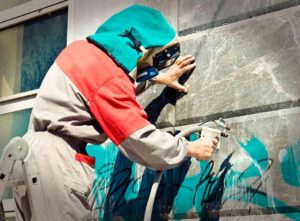
If your property is a regular target for this form of vandalism, the accumulated cost of cleaning graffiti can become very expensive. It’s often more cost-effective to invest in methods that prevent graffiti.
Anti-graffiti coatings include a polyurethane paint that leaves a non-stick surface. It’s relatively inexpensive and is suitable for both interior and exterior surfaces. An enamel-based coating forms a tough barrier that can withstand scrubbing.
If you have a large expanse of wall that’s often a target for graffiti, you could consider covering it with a chain-link fence or panels of wooden trellis. Alternatively, you could grow plants such as ivy or spiky pyracantha to form a hedge against the wall.
It could also be worth installing security lights with a motion sensor to deter vandals as well as installing a security camera.
FAQs
How long does it take to remove graffiti?
Cleaning graffiti from a surface usually takes around one and a half hours per m2.
Does it matter if graffiti’s been there a long time?
The longer graffiti’s been in place, the harder it can be to remove, especially on porous surfaces.
Can the type of paint make graffiti cleaning ineffective?
Aerosol or spray paint is the most common, but graffiti removal methods have been developed to deal with it effectively.
Find and book your trade with us and we'll guarantee their work up to £1,000*.
Guaranteed for 12 months. Eligibility and T&Cs apply

Working with professional estimators, we collate cost estimates for the common home improvement and repair jobs in the UK.
All the costs are estimates only. For accurate costs for your particular requirements, you are encouraged to reach out to professional tradespeople to receive a quote for your job.
Our estimators are Chartered Members (MRICS) of the Royal Institution of Chartered Surveyors and Members of the Chartered Institute of Building (MCIOB). See full disclaimer.
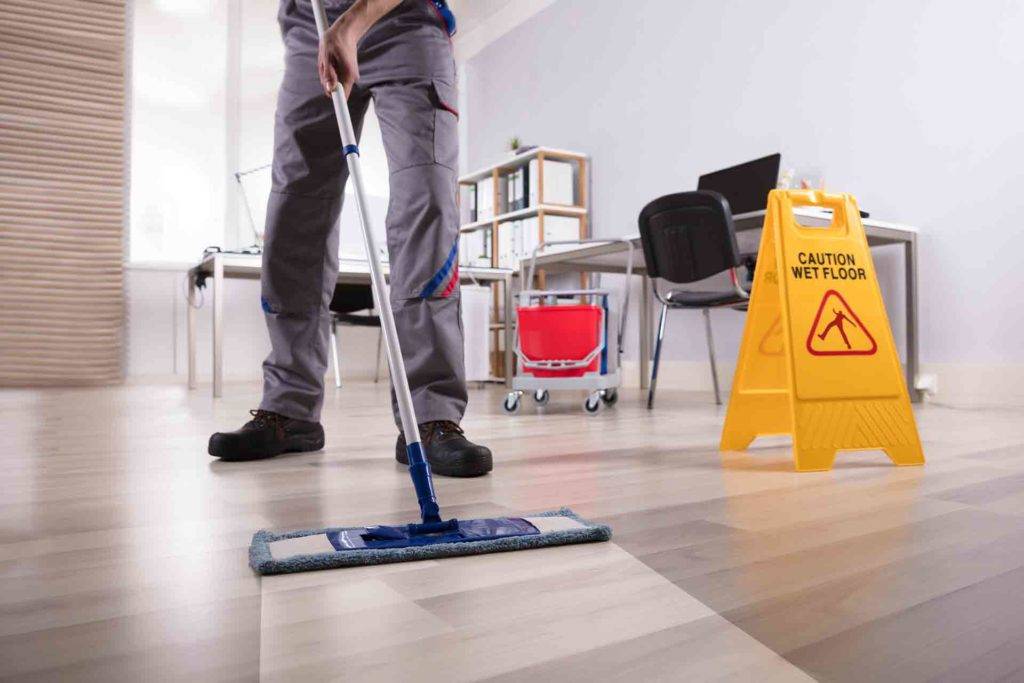
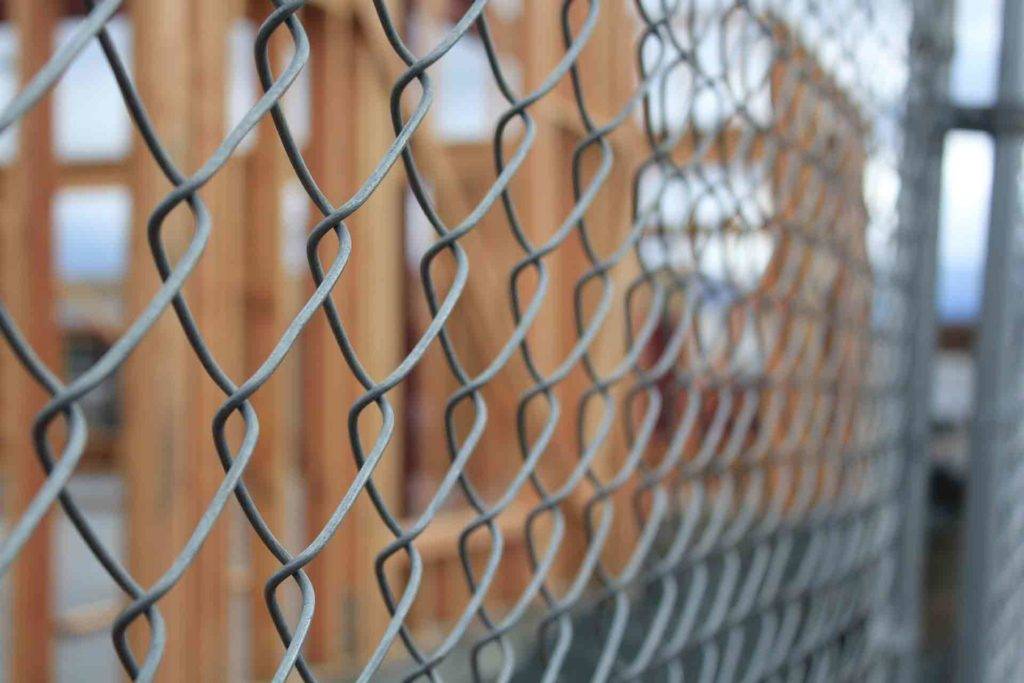
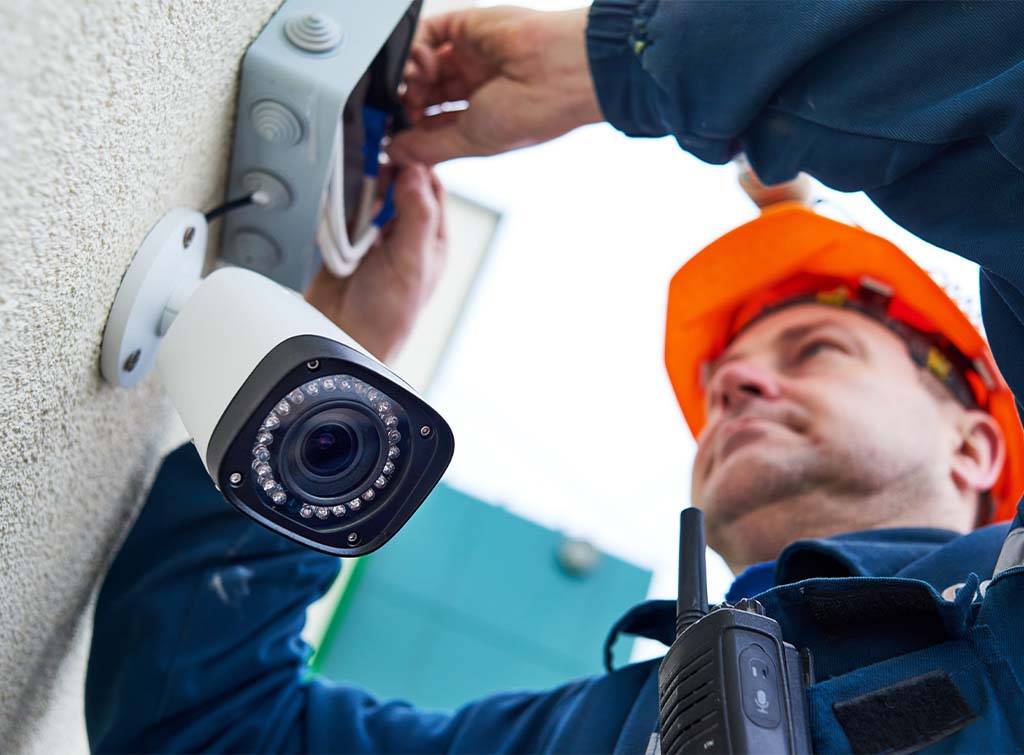

No comments yet!